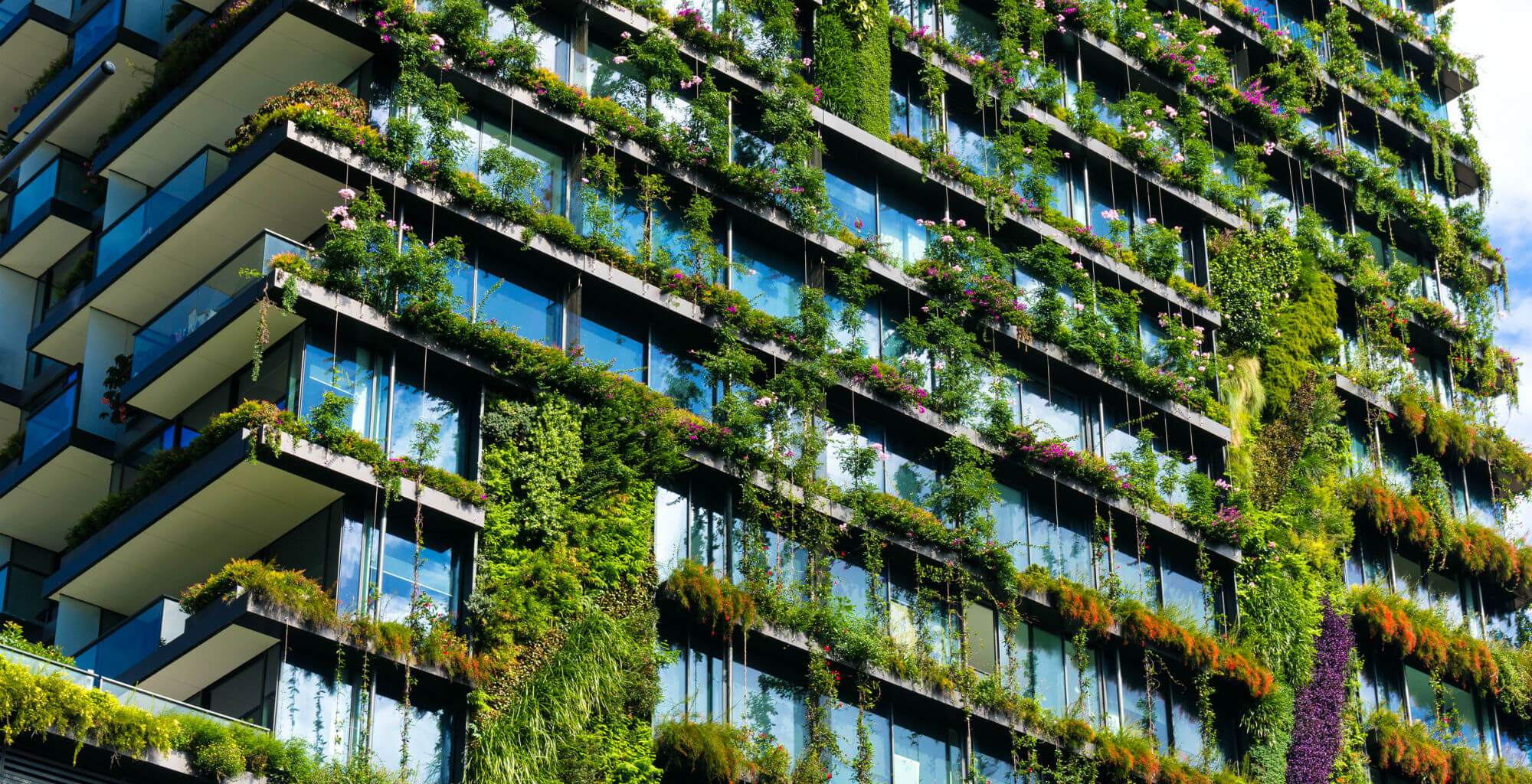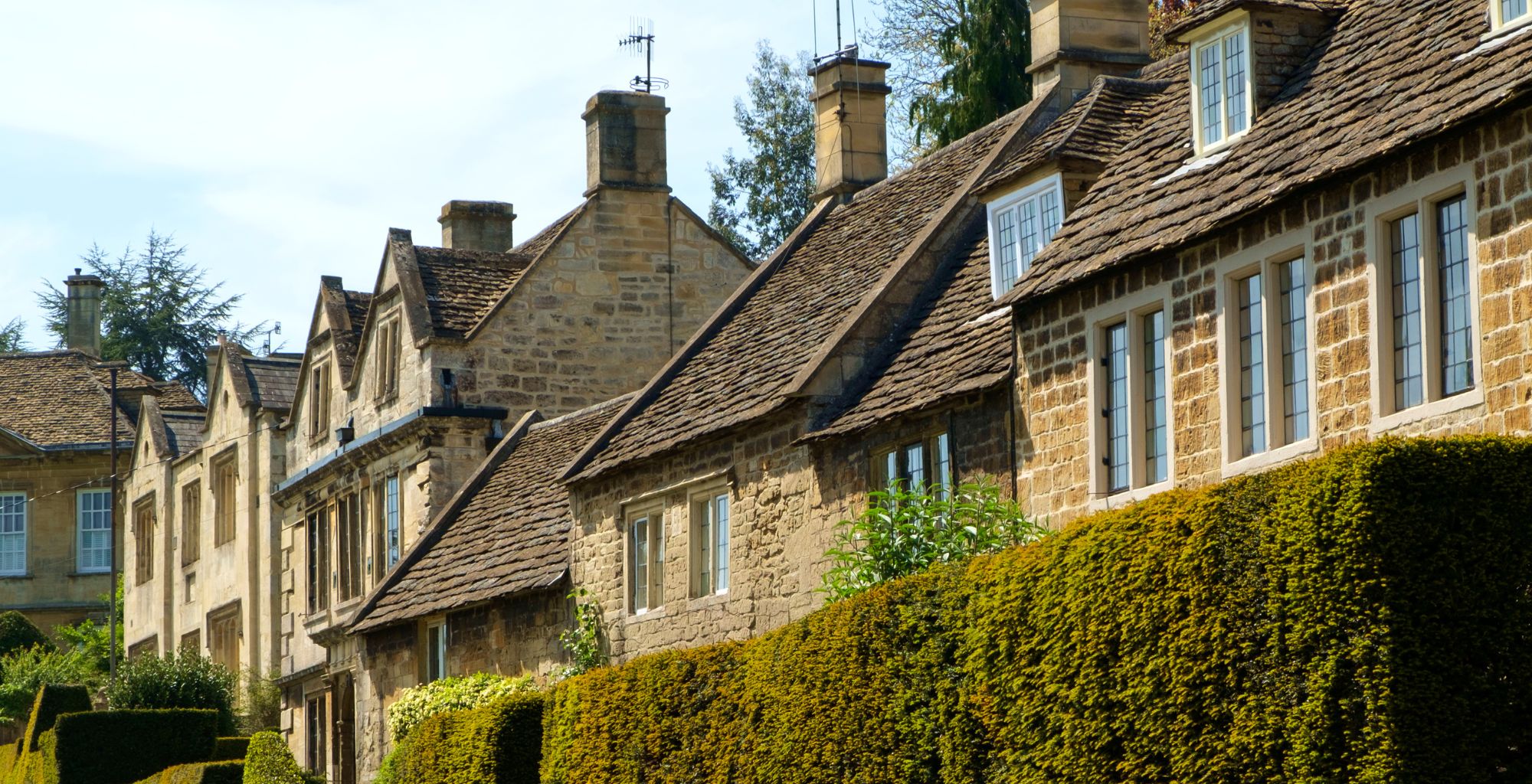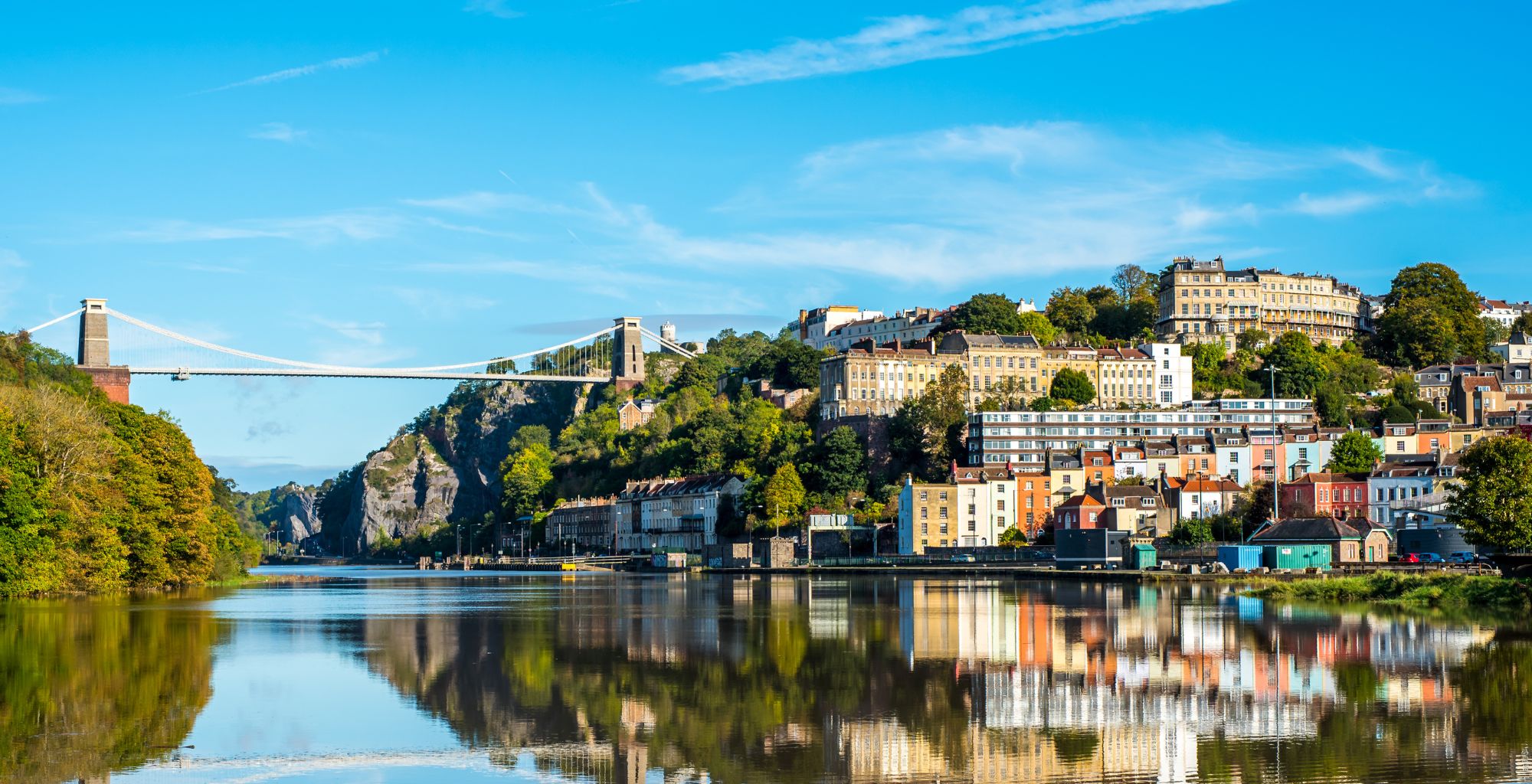For many the idea of buying a smallholding is one of great appeal. Upping sticks and moving to the...

Eco-friendly homes: Planning to go green?
When looking for a place to live, eco-friendly homes will help those thinking of going green get closer to living a more carbon-neutral, environmentally friendly lifestyle.
With many homeowners now installing eco features and developers building properties that are increasingly environmentally friendly it’s useful to understand what is available and the impact they will have on your day to day life.
We consider the different types of eco-friendly additions homes might feature, their usefulness and impact on the environment.
Renewable Energy
There are several different types of renewable energy systems available for domestic use; solar panels, biomass boilers and heat pumps all allow you to generate your own energy reducing your reliance on more conventional energy sources.
Solar panels are perhaps the most popular source of renewable energy, the initial cost of installing panels to your property might seem steep but over time you will reap savings in energy bills and solar panels are reported to require little maintenance.
Biomass boilers can replace gas or oil boilers and run on wood chips, pellets, logs or other forms of biomass which is considered a renewable energy source.
Ground source heat pumps use pipes that are buried to extract heat from the ground which can then be used to heat radiators and hot water in your home.
There are several options to use renewable energy sources in your home and whilst the costs of installation currently remain higher than that of more traditional energy sources with the price of fossil fuels continuing to rise over time these systems are likely to greatly reduce your outgoings.
Insulation
Properties with good insulation tend to have lower energy bills and lower carbon emissions due to their thermal performance.
There are now many products available for insulating a property that are more eco-friendly as traditional more synthetic insulation materials are often filled with chemicals. Non-toxic, biodegradable materials such as sheep’s wool, recycled plastic, cotton and cork all have great insulation properties and are renewable.
Water Conservation
There are many ways to improve water usage throughout a home. Systems are available to collect rainwater which can then be used to water the garden or clean the car and in some more sophisticated systems, the harvested rainwater can be used for toilets.
Water-efficient showerheads and lower flow taps can help with using less water on a daily basis.
SMART Technology
SMART stands for Self-Monitoring Analysis and Reporting Technology, it connects devices so that homeowners can remotely control their home systems from wherever they might be.
Many energy suppliers are currently rolling smart meters out to their customers free of charge as it enables them to collect meter readings without visiting the property, for homeowners smart meters provide a clearer view of consumption which is useful if you’re trying to reduce usage.
Energy-efficient Appliances
Appliances such as fridge-freezers, dishwashers and washing machines will make up a large percentage of your energy usage.
When picking your appliances looking out for the energy rating and choosing items with a better rating will not only make your home more efficient but will save money on bills too.
Reclaimed Wood
Using reclaimed timber throughout your home helps prevent over-forestation and contributes to the preservation of forests.
Reclaimed wood is naturally more durable as it is usually from older trees which have gone through proper ageing.
Choosing to fill your house with antique and vintage furniture is also much more environmentally friendly and as will reclaimed timber, older furniture was usually made from mature trees making it more durable.
Vegetable Gardens
If you have the space and the time, dedicating a section of your garden to growing your own fruit and vegetables is one sure way to be more environmentally friendly.
Not only will you be fertilizing the ground and helping with the local ecosystem, but by not buying the items you will be growing it’s likely you will reduce your carbon footprint.
Green walls
In tighter spaces where you might only have a courtyard, you might be able to install a green wall.
A green wall is a vertical garden, some properties even have them indoors, not only are they usually very attractive to look at they provide natural insulation to the wall which reduces energy consumption, and they can help maintain humidity levels and improve air quality.
Buying an eco friendly home
From triple glazing and solar panels to SMART technology and reclaimed timber there are many ways in which a property can be more environmentally friendly than they traditionally have been. We are increasingly concerned with our carbon footprint and most of us actively search for ways to reduce any negative impact we might have on the environment, a great place to start is at home. If you’d like to discuss your search for a property please, contact us.



